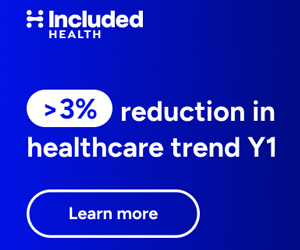By KIM BELLARD
The Wall Street Journal reported that the American Dental Association (ADA) opposes expanding Medicare to include dental benefits. My reaction was, well, of course they do.
They apparently don’t care that at least half, and perhaps as many as two thirds, of seniors lack dental insurance, or that one in five seniors are missing all their teeth. The ADA prefers a plan for low income Medicare beneficiaries only, although state Medicaid programs were already supposed to be that, with widely varying results between the states.
The ADA is following blindly in the AMA’s opposition to enactment of Medicare, ignoring how fruitful Medicare has turned out to be for physicians’ incomes. It’s all about the money, of course; the ADA thinks dentists can get more money from private insurance, or directly from patients, than they would from Medicare, and they’re probably right.
As is typical for our healthcare system, good design is no match for interfering with the incomes of the people/organizations providing the care.
By the same token, I suspect that the real opposition to “Medicare for All” is not from health insurers but from healthcare providers. Health insurers, a least the larger ones, have done quite nicely with Medicare Advantage, and would probably welcome moving members from those balkanized, largely self-funded employer plans to Medicare Advantage plans.
No, the bloodbath in Medicare for All would be the loss in revenue of health care professionals/organizations missing out on those lucrative private pay rates. As Upton Sinclair once observed, “It is difficult to get a man to understand something when his salary depends upon his not understanding it.” Or, as Guido tells Joel in Risky Business, “never, ever, fuck with another man’s livelihood.”
Very little about our healthcare system has been consciously designed. It’s a patchwork of efforts – legislative/regulatory initiatives, tax provisions, entrepreneurial choices, independent design decisions — and many unintended consequences. We should be less surprised at how poorly they all fit together than that some of them fit at all. Find someone who is happy with our current healthcare system and I bet that person is either making lots of money from it, or not receiving any services from it.
Continue reading…















